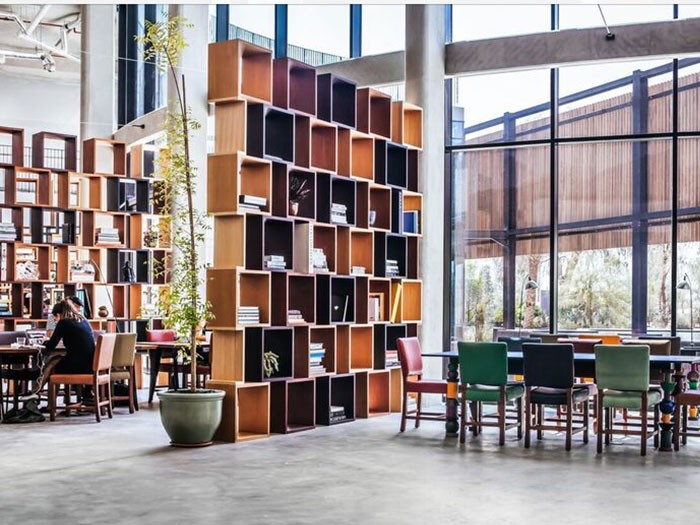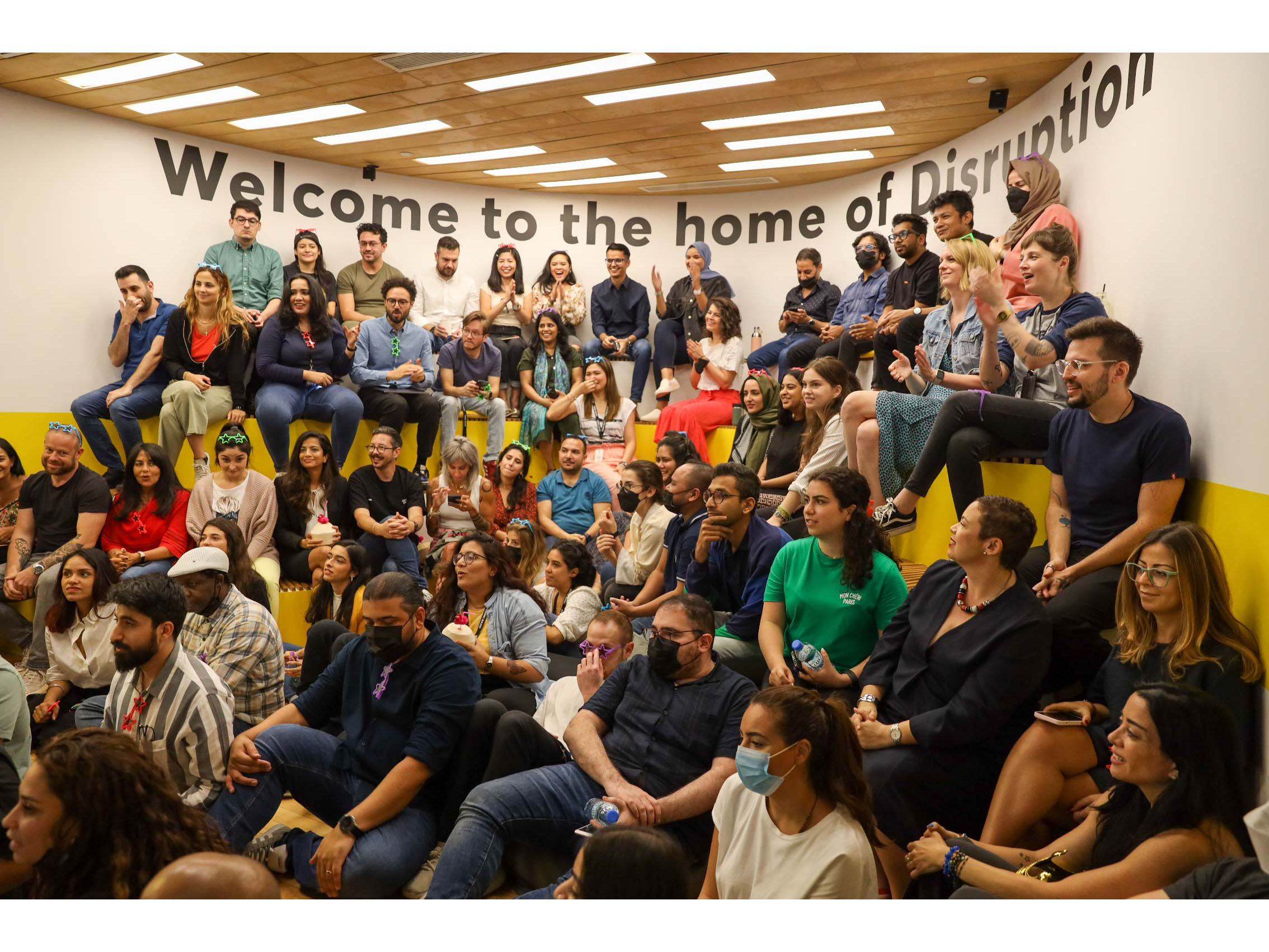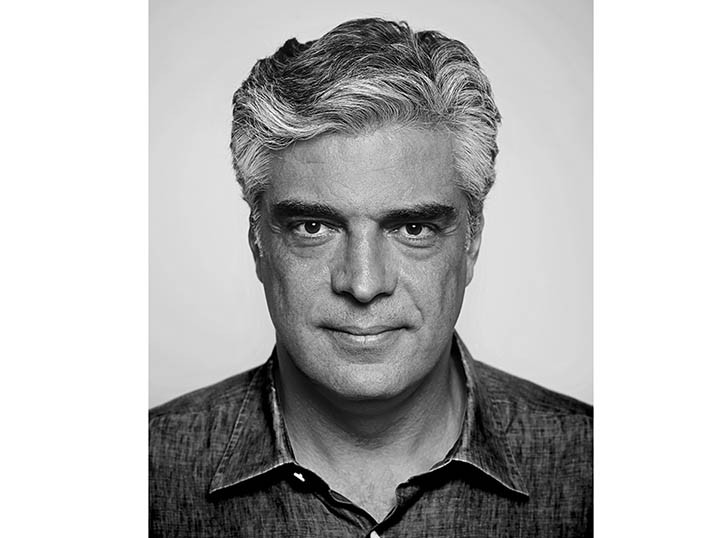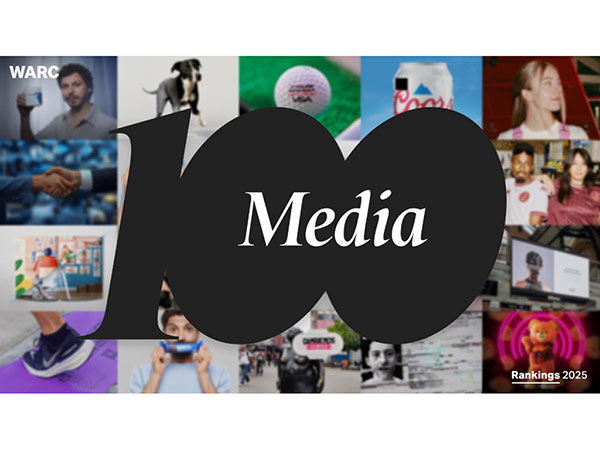News - Advertising
Is this the end of the office as we know it?
June 19, 2019

“As long as you have a good Wi-Fi connection and are good at networking, you can work anywhere and anytime,” says Marianna Zoghbi. “Most of the time my office is my living room table and my meeting rooms are my local coffee shops or even my small balcony. Whatever works for my clients works for me. Hopefully this can be the way forward for office culture as we know it.”
Zoghbi, a freelance designer, is part of growing band of entrepreneurs and freelance creatives who are teaching us that location no longer matters, and that collaboration and creativity are best served by the freedom to work outside of a traditional office environment.
There is a growing belief that traditional ways of working – daily commutes, bricks and mortar offices, regular hours, fixed annual leave – are increasingly irrelevant in a world where new technologies have enabled us to connect to our work from anywhere in the world. Why pay thousands of dollars a year on rent when co-working spaces, cafes, homes and seaside shacks are not only cheaper, but arguably more creative environments. Why pay for large numbers of full-time employees, too, when the advertising industry is not only struggling to transform, but to simply remain relevant.
All of which leads many to believe that the days of the office as we know it are numbered. That these frequently cumbersome symbols of status are unnecessary in a world where technology has liberated workers and clients no longer want to pay for unnecessary overheads.

“As long as you have a good Wi-Fi connection and are good at networking, you can work anywhere and anytime.”--Marianna Zoghbi, freelance designer
So are the days of the office as we traditionally know it coming to an end?
“Yes, the approach to the function of the office is moving away from the standard nine-to-five model and more into a free-flowing and objective-centred approach, where we care more about getting the job done than we do about how the job is done, with the office being a space that provides the necessary tools to get that job completed,” says Anthony Tawil, digital director at Operation Unicorn.
“The industry is shifting to less rigidity in almost every aspect, including physical location and the kind of team members you have. It is certainly not a requirement to have an office in Beirut to be able to cater to clients in Beirut, so remote work is more and more the norm today.”
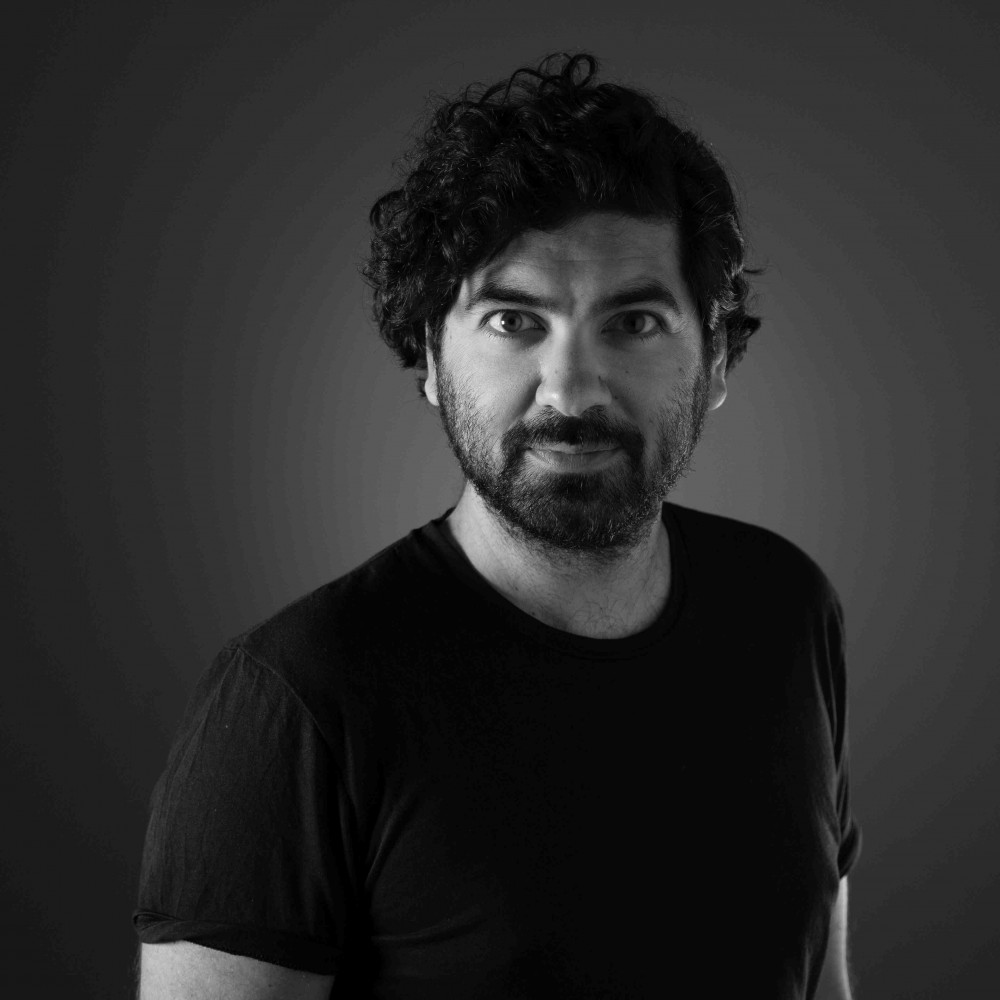
"The approach to the function of the office is moving away from the standard nine-to-five model and more into a free-flowing and objective-centred approach, where we care more about getting the job done than we do about how the job is done…”—Anthony Tawil, digital director at Operation Unicorn, Beirut
One man who embraces this belief wholeheartedly is Mohammed Zaal, the founder and chief executive of real estate company KOA. Earlier this year he opened Nasab, a members-only workspace and social club in Dubai that he hopes will revolutionise the way people work. With three floors of shared workspace and private offices, as well as a fitness studio, gallery space, library, meeting rooms and privacy booths, it’s designed to feed both individual and communal creativity and to help companies remain agile in a time of economic volatility.
“The concept of a traditional office and a traditional work day was an ingrained mindset in the past – the nine-to-five, the hierarchy etc,” says Zaal. “But as with all things, these concepts needed to evolve to keep up with the market and the mindset of a new generation. Companies are starting to realise the benefits in cost savings, productivity and retaining talent that comes from a more open approach to work.”
Nasab offers four tiers of membership. Suite membership includes private offices for two to 12 people (there are 46 offices in total) and full access to all of the facilities, while resident membership is for those who prefer shared workspaces. There’s even a nomad membership that allows for 10 days of use per month and is designed specifically for non-residents of Dubai.
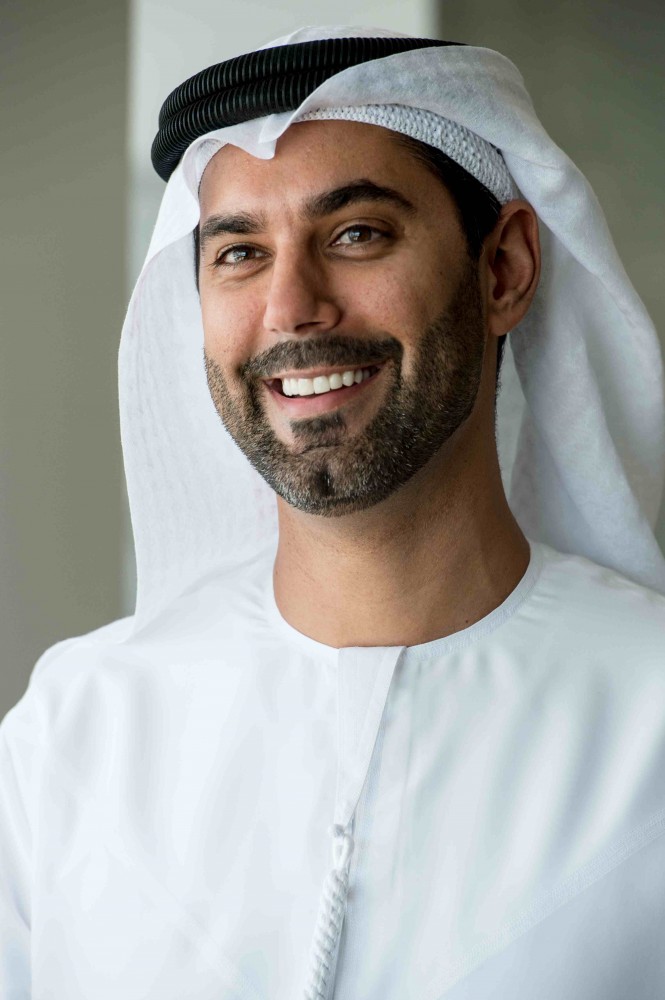
“Companies that want to remain reactive to market conditions and competitive will need to take on a more agile structure that the use of working spaces and contract teams allows.”--Mohammed Zaal, founder and chief executive of real estate company KOA
“I see companies being more open to flexible working structures, both in teams and in physical locations,” says Zaal. “There is now a strong argument for taking on consultants or project-based teams versus permanent staff. The rise of shared work spaces allows larger corporations to dramatically reduce overheads, minimise risk, and complements a flexible team structure. Companies that want to remain reactive to market conditions and competitive will need to take on a more agile structure that the use of working spaces and contract teams allows.”
For the advertising industry, this move towards project-based teams, communal spaces, and freedom of location is a double-edged sword. On the one hand it offers up the opportunity to cut costs, to reduce headcount, and to provide the kind of flexibility that is cherished in a strained market. On the other it threatens the one thing that agencies arguably cherish the most – culture.
“In our case (a creative agency specialising in communication and storytelling) the idea of ‘the office’ is still important because it is also a place that allows us to instil the culture that makes up our identity and defines the originality behind our work,” says Tawil. “Without that centralised place for us to gather and hone our ideas and approach and convey it properly to the team, our identity and culture can be lost in translation.
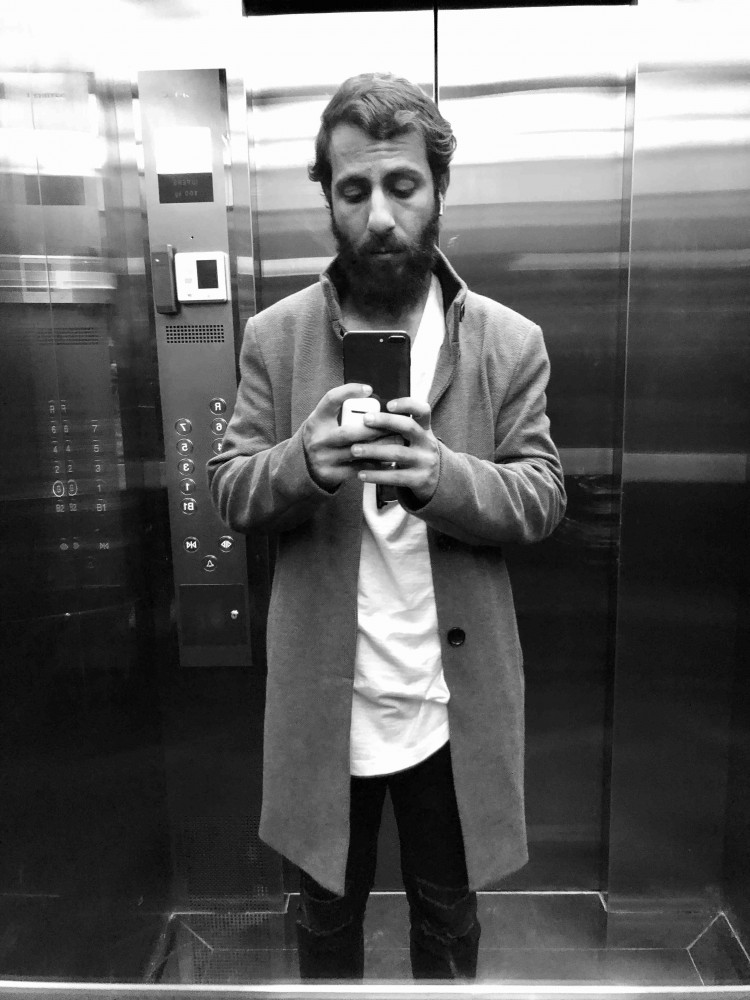
“Companies will always need a core that functions within the same geography – an HQ. The size of that HQ is what will change by going down to its most viable form, with optimised communication and healthy synergies with brigades scattered here and there.”--Chris Jabre, strategy and communications consultant
“No you don’t need staff to work nine-to-five and only from one centralised location, but you need the infrastructure and the model to be able to convey your ideas and your culture to a team that can execute them. And for that you will need a certain stability in the team and the environment to achieve that.”
Chris Jabre, a strategy and communications consultant who floats around the world, agrees. “Companies will always need a core that functions within the same geography – an HQ,” he says. “The size of that HQ is what will change by going down to its most viable form, with optimised communication and healthy synergies with brigades scattered here and there. In simpler terms, there are things that will always need physical interaction – the indispensable prerequisite for successful digital interactions.”
A former creative director and head of digital at Impact BBDO Beirut, Jabre moved to Sri Lanka in 2017 where he began his freelance career from a bed and breakfast he opened with two friends. He consults for the likes of Anghami and PepsiCo, still periodically spending time in Sri Lanka and travelling constantly.
“The office holds a crucial formative value to all the people looking to break free one day,” says Jabre. “It also gives a stable home to those who choose a life of stability. By nurturing these two types, an office can flourish based on healthy cycles, giving value to the humans driving it and value to the clients financing it. But if it fails to acknowledge and understand the human wealth that populates it, it will inevitably lose one of the two types, if not both.”
“For a long time the people of advertising have been almost unconsciously abiding to a bureaucratic system made for efficiency and profit,” he adds. “I think that the future of work in advertising is one where the system adapts to the people – those who are doing the actual work and are slowly realising they have much more leverage than they thought they did.”


